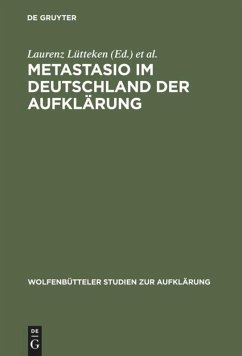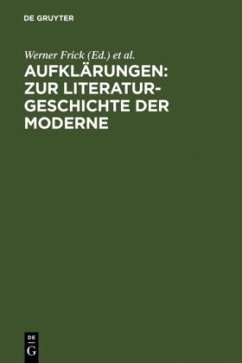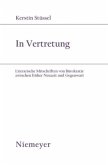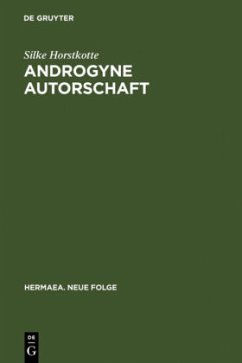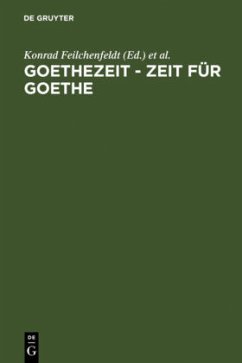Die Spätphase der deutschen Aufklärungsbewegung stellt für die Germanistik eine nach wie vor nur unzureichend angenommene Herausforderung dar. Während Grundlagen und praktische Unternehmungen der Spätaufklärung recht gut erforscht sind, weiß man über ihre mannigfaltigen literarischen Verlautbarungen viel weniger. Ohne sie aber, das immerhin ist ansatzweise erkannt, läßt sich das Literaturensemble um 1800 nicht angemessen erfassen. So geht es zunächst darum, mittels wechselweise komplementären Fallstudien zu repräsentativen Autoren einen punktuellen Querschnitt durch wichtige Richtungen und individuelle Ausprägungen zu geben. Und zwar der Leitthese gemäß, literarische Spätaufklärung (von Dichtung bis Zweck- oder Gebrauchsformen reichend) zu verstehen als eine vielgestaltige dominante Literaturströmung etwa von 1770/75 bis gegen 1820, die im Unterschied zur vorherigen Aufklärungsliteratur wesentlich von sozialpraktischen und reformerischen aufklärerischen Belangen ausging und entschieden auf sie orientierte. Das Zentralanliegen des Bandes besteht darin: herauszuarbeiten, was durch das Medium Literatur an aufklärerischen Vorstellungen, Prinzipien und Bestrebungen aufgegriffen und wie es verarbeitet wurde. Angewandt werden sozialgeschichtliche Verfahrensweisen, die die nötigen übergreifenden kulturhistorischen wie auch speziellere (z.B. medien- und mentalitätsgeschichtliche) Darlegungen organisch zu integrieren erlauben.
The late stages of the Enlightenment movement in Germany represent a challenge that German Studies has yet to respond to in an adequate manner. While the foundations and the practical enterprises of the later Enlightenment are reasonably well researched, a great deal less is known about the various forms of literary expression that it engendered. There is at least incipent awareness of the fact that without this aspect there can be no true picture of the entire range of literary production in Germany around 1800. The volume thus assembles, first of all, mutually complementary case studies on representative authors with a view to establishing a cross-section of significant schools of thought and their individual manifestations. The guiding principle underlying the approach is that of highlighting late Enlightenment literature as a many-sided and dominant literary current extending from 1770/75 to approx. 1820 and, unlike earlier Enlightenment literature, strongly geared from the outset to the promulgation of Enlightenment ideas in the fields of social praxis and reform. The central concern of the volume is to demonstrate what Enlightenment persuasions, notions and endeavors were taken up by the medium of literature and how that medium presented them. The approach taken is a socio-historical one, combining procedures capable of achieving an organic integration of the necessary broad culture-historical background with more specific perspectives (e.g. on the contemporary media and mentality).
The late stages of the Enlightenment movement in Germany represent a challenge that German Studies has yet to respond to in an adequate manner. While the foundations and the practical enterprises of the later Enlightenment are reasonably well researched, a great deal less is known about the various forms of literary expression that it engendered. There is at least incipent awareness of the fact that without this aspect there can be no true picture of the entire range of literary production in Germany around 1800. The volume thus assembles, first of all, mutually complementary case studies on representative authors with a view to establishing a cross-section of significant schools of thought and their individual manifestations. The guiding principle underlying the approach is that of highlighting late Enlightenment literature as a many-sided and dominant literary current extending from 1770/75 to approx. 1820 and, unlike earlier Enlightenment literature, strongly geared from the outset to the promulgation of Enlightenment ideas in the fields of social praxis and reform. The central concern of the volume is to demonstrate what Enlightenment persuasions, notions and endeavors were taken up by the medium of literature and how that medium presented them. The approach taken is a socio-historical one, combining procedures capable of achieving an organic integration of the necessary broad culture-historical background with more specific perspectives (e.g. on the contemporary media and mentality).



